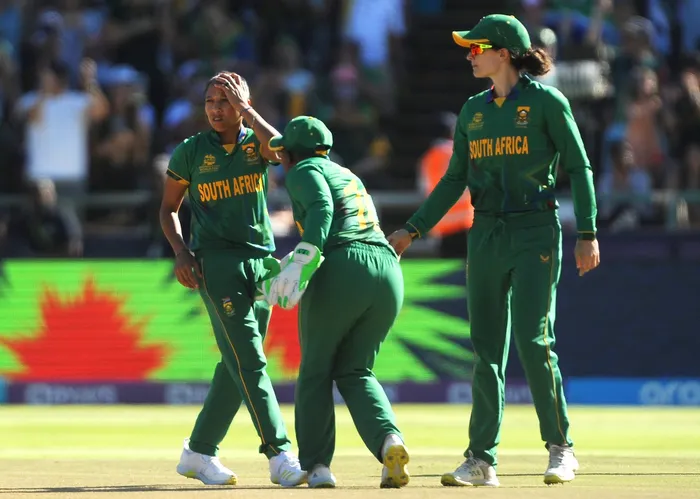Professionalising women’s sport is a gateway to empowering girls

The announcement, by Cricket SA (CSA), on the establishment of a women’s professional league should rightly be welcomed, but caution should be exercised in ensuring equal treatment and levelling the playing field, says the writer. Picture: ANA Archives
Patrick Kulati
Performances by women in their respective sporting fields in recent times have prompted long overdue conversations and decisions when it comes to notable professionalism and addressing the burning issue of equal pay.
Cricket, netball and soccer have been dominating headlines on and off the field, with disappointing excuses for why woman athletes are seen and not heard when it comes to the valid issues they raise.
It’s time to alter the course. It’s time to change the playing strategy and introduce worthwhile tactics that can move women’s sporting codes forward.
The announcement, by Cricket SA (CSA), on the establishment of a women’s professional league should rightly be welcomed, but caution should be exercised in ensuring equal treatment and levelling the playing field.
Indeed, the announcement by CSA, and the growing influence of the Department of Sports, Arts and Culture are promising signs. We hope the developments will pave the way for young women to perceive sports not just as a passion, but as a viable career path.
For decades, there have been raging debates, discussions and agreements that there is plenty of talent to be unearthed and nurtured across South Africa.
Sadly, this potential has often gone untapped due to inadequate administration, corruption, favouritism and a lack of commitment from sports associations to nurture and support the nation’s young talent.
At loveLife, over the years, we have been proactively involved in the Active Lifestyles Programme, which focuses on sports, entertainment, arts and cultural programmes that positively transform young people’s lives, particularly young women.
We recognise the importance of physical activity and its role in preventing non-communicable diseases, promoting health and empowering the youth.
Creating a national league, with specific cups and benefits, is certainly not an easy feat.
loveLife applauds CSA for its initiative, recognising that it offers aspiring girls a chance to pursue their dreams and create legacies that will inspire generations to come.
The recent World Cup, which saw netball games captivating audiences in Cape Town, showcased the exceptional talent of our Spar Proteas. The event underlines the untapped potential of our woman athletes, a potential that demands more investment and support.
While we commend the corporate entities that invest in sports, there’s a call for more concerted efforts. The contributions of the companies are instrumental in nurturing a vibrant sports ecosystem.
To further enhance the ecosystem, it is imperative for more corporations to step forward and include sports investments in their financial year planning.
Investments in woman sports should be complemented by strategic infrastructure development, sports bursaries and an overall improvement in the safety of public sports facilities.
However, infrastructure investments cannot be a one-way street.
Communities that benefit from the facilities should be encouraged to take ownership and protect them for current and future generations.
CSA’s commitment to women's sports is commendable.
Now, it’s time for other sports bodies, like Safa, to follow suit.
It’s disheartening to witness instances of inefficiency and negligence, especially when they undermine the potential of teams like Banyana Banyana.
Surely, there are corporate companies observing developments around women’s sports, such observations should not be deterred with positive follow-throughs all due to inept sports administrators eager to put their egos first, while they let the sporting fields burn to ruins, and young talents go to waste.
Kulati is the CEO of the New LoveLife Trust (loveLife)
Cape Times